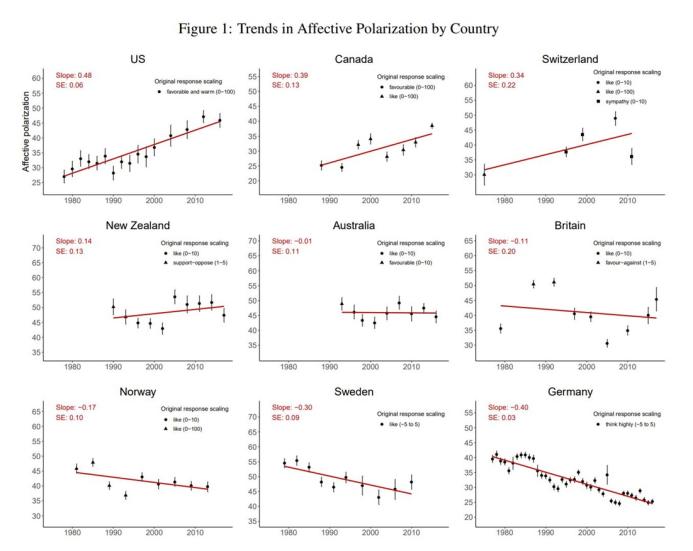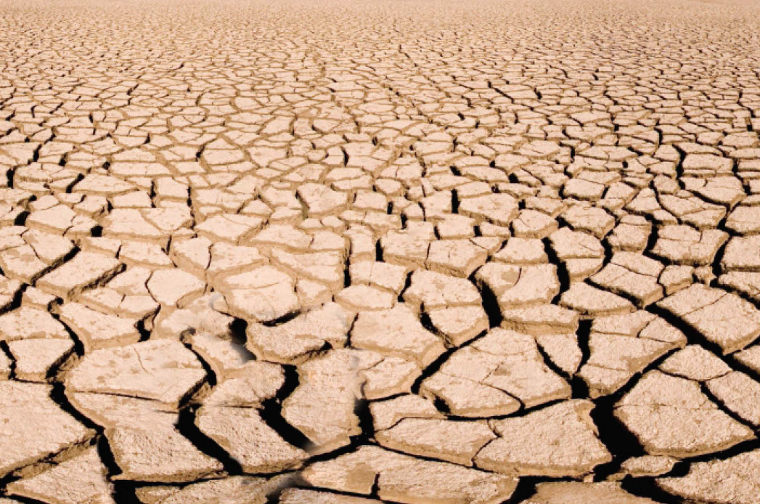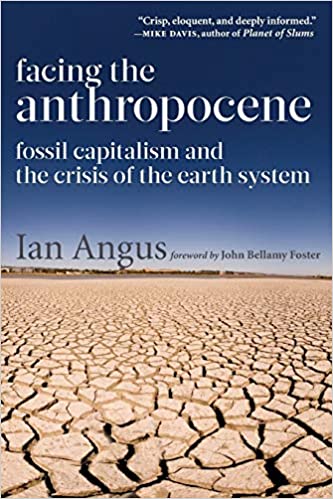If events since March 2020 have shown us anything, it is that fear is a powerful weapon for securing hegemony. Any government can manipulate fear about certain things while conveniently ignoring real dangers that a population faces.
Author and researcher Robert J Burrowes says:
…if we were seriously concerned about our world, the gravest and longest-standing health crisis on the planet is the one that starves to death 100,000 people each day. No panic about that, of course.”
No panic because the controlling interests of the global food system have long profited from a ‘stuffed and starved’ strategy that ensures people unnecessarily go hungry when corporate profit rather than need dictates policies.
US social commentator Walter Lippmann once said that ‘responsible men’ make decisions and must be protected from the ‘bewildered herd’ – the public. He added that the public should be subdued, obedient and distracted from what is really happening. Screaming patriotic slogans and fearing for their lives, they should be admiring with awe leaders who save them from destruction.
During COVID, Prime Minister of New Zealand Jacinda Ardern urged citizens to trust the government and its agencies for all information and stated:
Otherwise, dismiss anything else. We will continue to be your single source of truth.”
In the US, Fauci presented himself as ‘the science’. In New Zealand, Ardern was ‘the truth’. It was similar in countries across the world – different figures but the same approach.
Like other political leaders, Ardern clamped down on civil liberties with the full force of state violence on hand to ensure compliance with ‘the truth’. Those who questioned the COVID narrative – including world-renowned scientists – were smeared, shut down and censored.
It was an internationally orchestrated campaign involving governments, the big tech companies, media and the WHO, among others.
…click on the above link to read the rest…
















